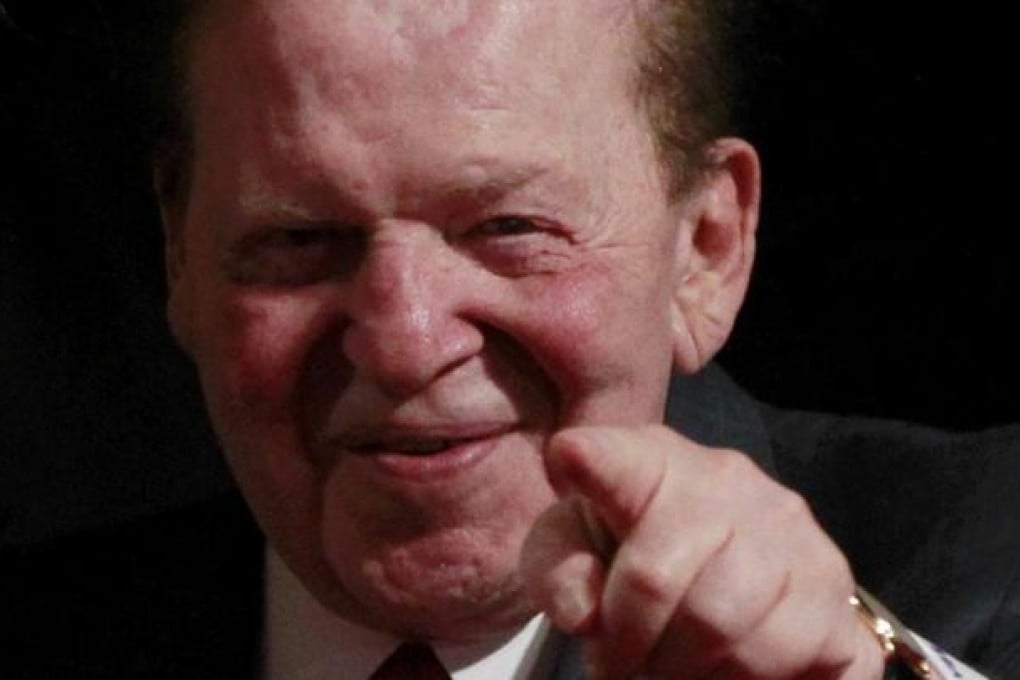Mitt Romney's money men lick their wounds in wake of election
Despite spending hundreds of millions on the Republican cause, the best that big private donors could do was make the US election race tighter

At the private air terminal at Logan Airport in Boston early on Wednesday, men in unwrinkled suits sank into plush leather chairs as they waited to board Gulfstream jets, trading consolations over Mitt Romney's loss.

The biggest single donor in political history, casino billionaire Sheldon Adelson, mingled with other Romney backers at a post-elections breakfast, fresh off a large gamble gone bad: Of the eight candidates he supported with tens of millions of dollars in contributions to super PACs, none won on Tuesday.
As calls came in on Wednesday from some of the donors who had poured more than US$300 million into the pair of big-spending outside groups founded in part by Karl Rove - perhaps the leading political entrepreneur of the super PAC era - he offered them a grim upside: Without us, the race would not have been as close as it was. Super PACs are political action committees. The most expensive elections in history ended this week costing more than US$6 billion, propelled by legal and regulatory decisions that allowed wealthy donors to pour record amounts of cash into races around the country.
But while outside spending affected the elections in innumerable ways - reshaping the Republican presidential nominating contest, clogging the airwaves with unprecedented amounts of negative advertising and shoring up embattled Republican incumbents in the House - the prizes most sought by the emerging class of megadonors remained outside their grasp. President Barack Obama will remain in the White House, and the Democrats have strengthened their lock on the Senate.
The election's most lavishly self-financed candidate fared no better. Linda McMahon, a Connecticut Republican who is a former professional wrestling executive, spent close to US$100 million - nearly all of it her own money - on two races for the Senate, conceding defeat on Tuesday for the second time in three years.
"Money is a necessary condition for electoral success," said Bob Biersack, a senior fellow at the Centre for Responsive Politics, which tracks campaign spending. "But it's not sufficient, and it's never been."
